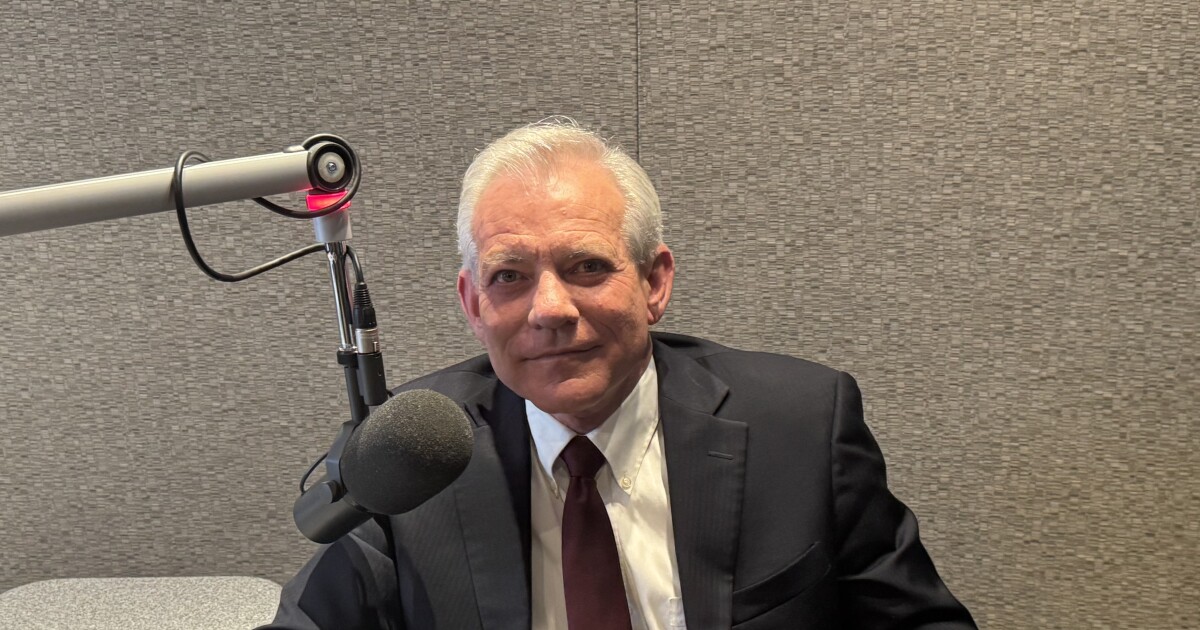General Motors (GM) finds itself navigating a challenging economic landscape as recent policy changes significantly impact its financial outlook. The automaker is set to face a $1.6 billion setback in the upcoming quarter, influenced by the elimination of electric vehicle (EV) tax credits and the relaxation of emissions regulations.
Policy Shifts Impacting the Automotive Industry
The termination of the clean vehicle tax credit, which previously offered $7,500 for new EVs and up to $4,000 for used ones, has been a significant blow to the EV market. Coupled with the Environmental Protection Agency’s adjustment of emissions standards, the automotive industry is experiencing reduced incentives for transitioning to electric vehicles.
Under the Trump administration, federal support for EV infrastructure and environmental regulations has been challenged. This includes opposition to California’s prohibition on new gas-powered vehicle sales, creating a less urgent environment for automakers to pivot away from traditional fuel vehicles.
Financial Repercussions for General Motors
In a recent regulatory filing, General Motors disclosed it would incur charges of $1.2 billion due to adjustments in its EV production capacity. This figure encompasses non-cash impairment and other costs. Additionally, GM faces $400 million in charges related to contract cancellations and commercial settlements linked to EV investments.
Despite these financial challenges, GM maintains that its retail lineup, including Chevrolet, GMC, and Cadillac EVs, will remain unaffected and available to consumers. However, the company cautions that further financial adjustments may be necessary as production strategies evolve.
GM’s Commitment to Electric Vehicles
Electric vehicles have long been heralded as the future of the automotive industry. In 2020, GM committed to investing $27 billion in electric and autonomous vehicles over five years—a 35% increase from pre-pandemic plans. This included intentions to equip over half of its North American and Chinese plants for EV production by 2030, alongside a $750 million investment in EV charging infrastructure by 2025.
CEO Mary Barra expressed aspirations for GM to surpass Tesla in U.S. EV sales by the middle of the decade. The company also set ambitious goals to transition the majority of its fleet to electric by 2035 and achieve carbon neutrality across operations by 2040.
Competitive Pressures from International Markets
While U.S. automakers contend with fluctuating policies, they also face mounting competition from international players like China’s BYD. In a notable expansion, BYD recorded a 31% increase in sales, reaching 2.1 million vehicles in the first half of the year, driven by robust government support for EVs in China.
As Chinese automakers like BYD extend their reach into European, Southeast Asian, and other markets, they present an affordable alternative for eco-conscious consumers, posing a competitive challenge to Tesla and other established global brands.
—
Read More Michigan News










